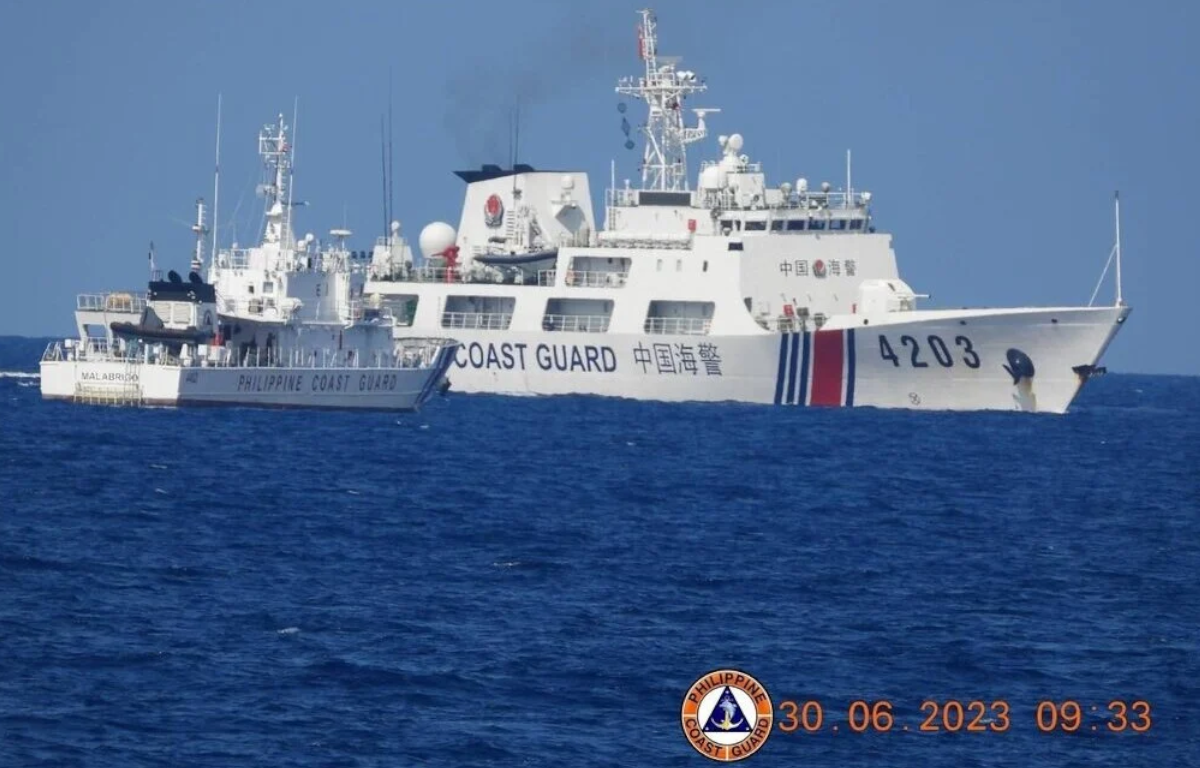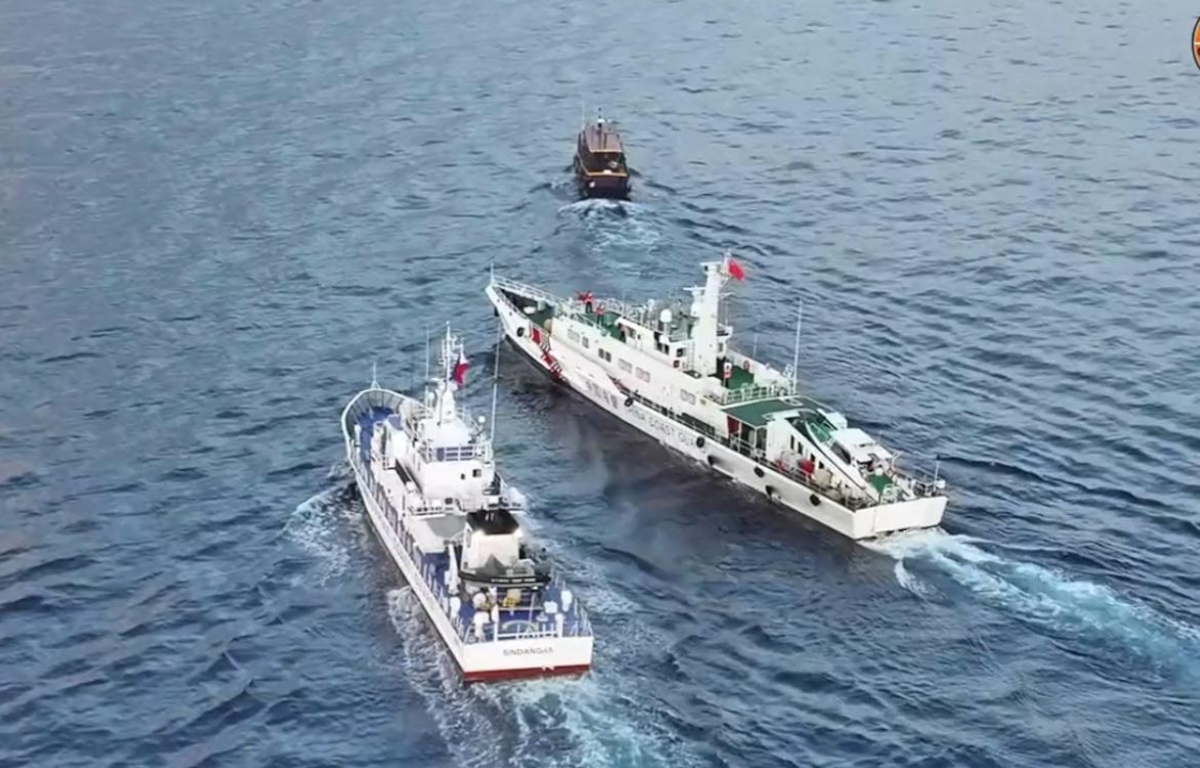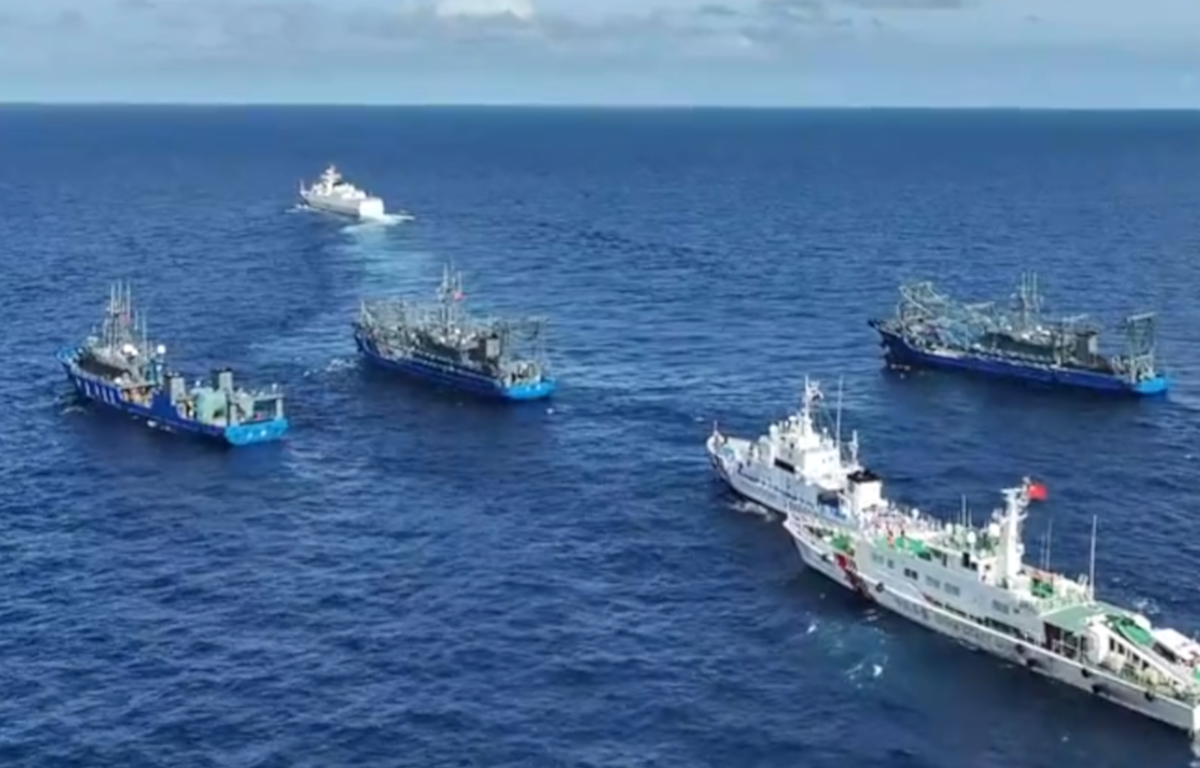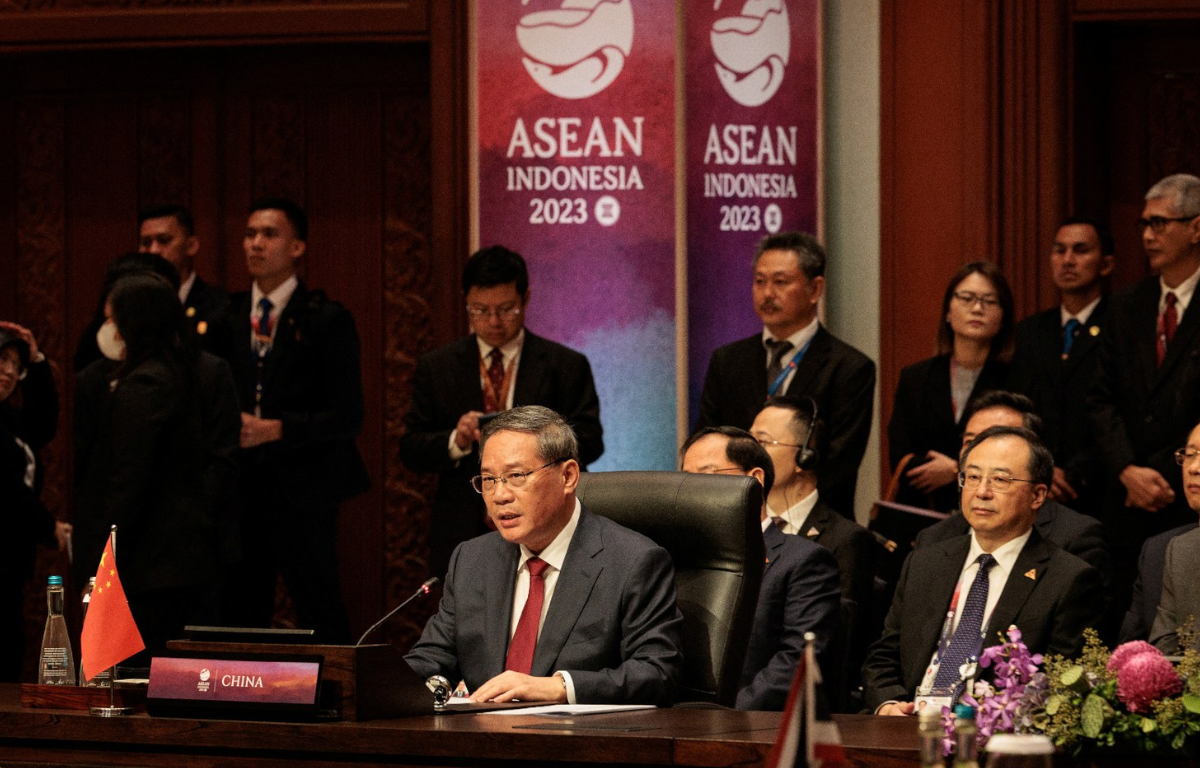
The PCG’s food security mission near Rozul Reef, which is part of the disputed Spratly Islands chain, aimed to provide assistance and supplies to Filipino fishermen in the area. However, according to reports, the mission encountered interference and harassment from Chinese maritime vessels, raising questions about freedom of navigation and access to vital resources in the South China Sea.
China’s expansive territorial claims in the South China Sea, including the infamous Nine-Dash Line, have been a source of contention among neighboring countries and the international community. These claims often overlap with the Exclusive Economic Zones (EEZs) and territorial waters of other nations, leading to disputes over fishing rights, resource extraction, and maritime security.
The alleged harassment of the PCG’s food security mission near Rozul Reef highlights the complexities and sensitivities surrounding maritime activities in disputed areas. It also underscores the strategic importance of the South China Sea, not only as a vital maritime trade route but also as a contested region with significant geopolitical implications.
The incident has prompted condemnation from Philippine authorities, who have called for respect for international law and the rights of countries to conduct lawful activities in their EEZs and territorial waters. The Philippines, like other claimant states in the South China Sea disputes, has consistently advocated for peaceful resolution of disputes through diplomatic means and adherence to international norms.
Efforts to address tensions in the South China Sea have included diplomatic negotiations, multilateral dialogues, and legal mechanisms such as arbitration under the United Nations Convention on the Law of the Sea (UNCLOS). However, challenges persist in finding a comprehensive and lasting resolution to the complex maritime disputes in the region.
The reported harassment of the PCG’s food security mission near Rozul Reef serves as a reminder of the need for dialogue, transparency, and adherence to international law to ensure maritime security and stability. It also highlights the importance of regional cooperation and confidence-building measures to prevent escalation and promote peaceful coexistence in the South China Sea.
As countries continue to assert their rights and interests in the region, incidents like these underscore the fragility of maritime security and the imperative of responsible maritime governance. Finding common ground and fostering mutual respect among stakeholders remain essential to managing tensions and ensuring a peaceful and prosperous future for all nations in the South China Sea.










Share this: